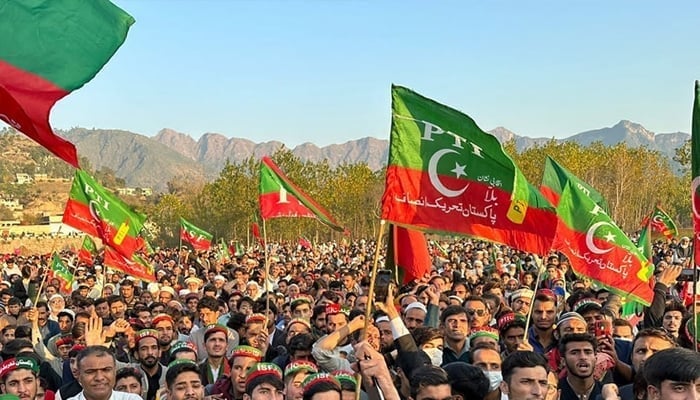Reliable sources estimate that approximately Rs. 44 billion is embezzled annually in Khyber Pakhtunkhwa’s (KP) health sector alone, which highlights severe governance issues. Similar mismanagement is prevalent in other departments like education.
Since PTI came into power in KP, it has failed to initiate any significant mega-projects. Projects like the Sehat Card are often touted as major initiatives, but schemes like the Swat Motorway and Hazara Motorway were originally initiated by previous governments, with the current administration merely taking credit for inaugurating them. The Bus Rapid Transit (BRT) project was built with loans and now runs on an annual subsidy of Rs. 5-6 billion, putting an additional burden on the treasury. While loans have been taken extensively, no revenue-generating initiatives have been launched to offset these debts. For instance, loans taken for tourism projects have been misused, leaving these ventures incomplete.
Rising Debt Burden
Official documents show that KP’s debt currently stands at Rs. 632 billion, 70% of which was borrowed during PTI’s tenure. By December, this debt is expected to rise to Rs. 725 billion, and experts fear it may surpass Rs. 3.2 trillion by 2030. Despite this alarming situation, PTI’s financial advisor, Muzzammil Aslam, claims that the loans are manageable, as they were obtained at low-interest rates. He argues that the federal government owes KP significant payments for electricity royalties and water-related profits, which, if paid, could alleviate much of the province’s financial strain.
However, critics point out that rampant corruption and administrative inefficiencies have exacerbated the crisis. PTI insiders, including Sher Afzal Marwat, have openly accused the party of corruption during its rule in KP. High-profile resignations, such as that of Shakil Khan, and allegations against the Chief Minister’s brother, further fuel these claims.
Lack of Economic Strategy
Economic experts like Dr. Farhan Syed believe that KP’s challenges require strategic leadership and focused policies. The province has untapped potential in tourism, forestry, border trade, and minerals, which could generate substantial revenue. However, insecurity and mismanagement deter investors. Additionally, KP’s Revenue Authority lags significantly behind Punjab’s, collecting only Rs. 70-80 billion annually compared to Punjab’s Rs. 600 billion.
Journalist Irfan Khan notes that many projects funded by loans, such as the BRT, lack financial viability. In contrast, past initiatives like the Malakand-III hydropower project, which generates both electricity and revenue, demonstrate how effective planning can yield long-term benefits.
Federal and Provincial Challenges
Senior journalist Mehmood Jan Babar emphasizes the impact of rising dollar rates, which inflate the value of KP’s loans. He also criticizes the provincial government’s inability to maintain existing projects or launch new ones due to administrative inefficiencies and security concerns. Moreover, the ongoing political focus has sidelined governance, further stalling development.
In conclusion, KP’s economic crisis stems from a combination of corruption, poor governance, and an inability to generate revenue. Without decisive leadership and a shift in priorities, the province risks deepening its financial woes and delaying progress.


